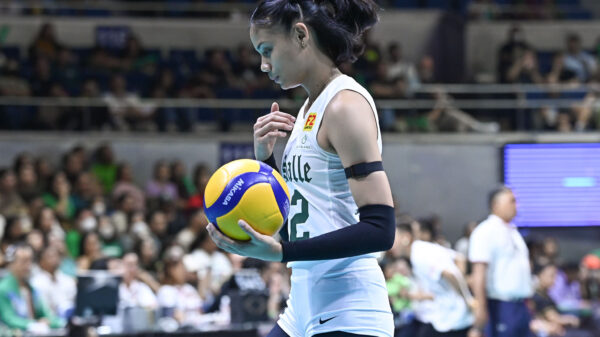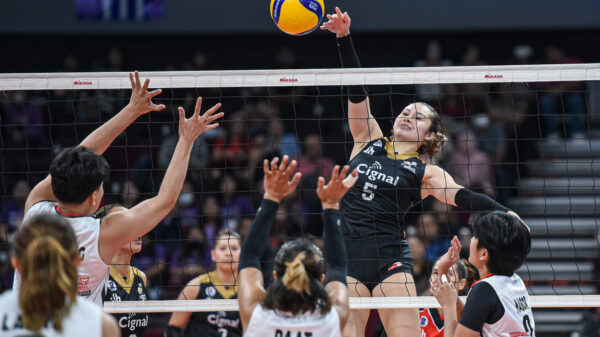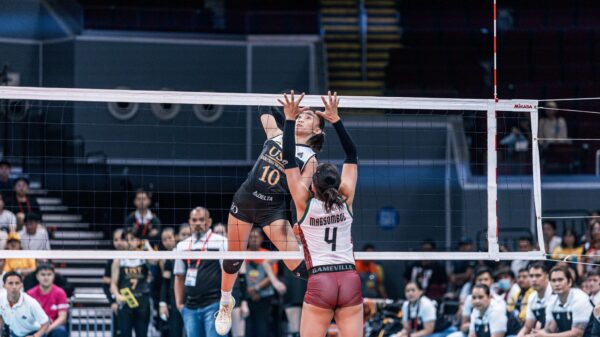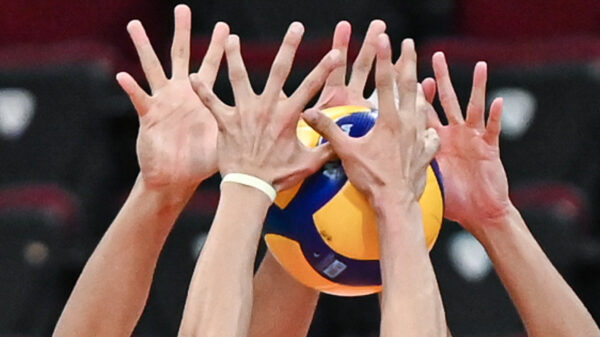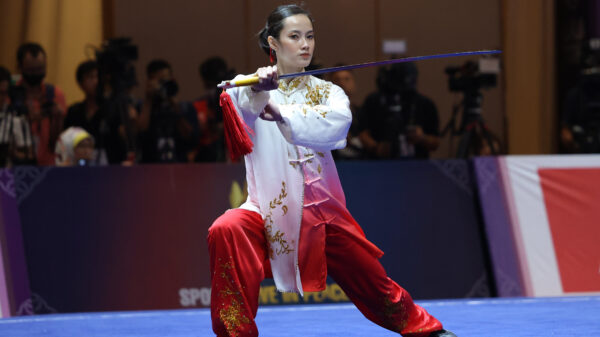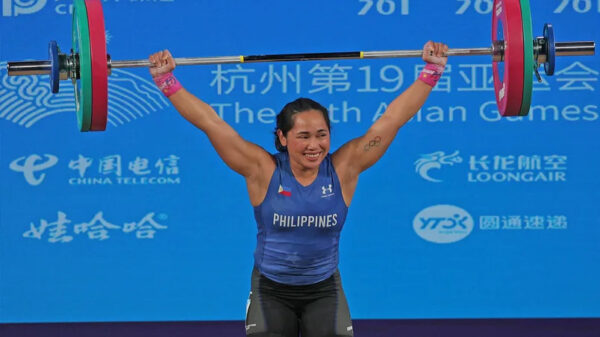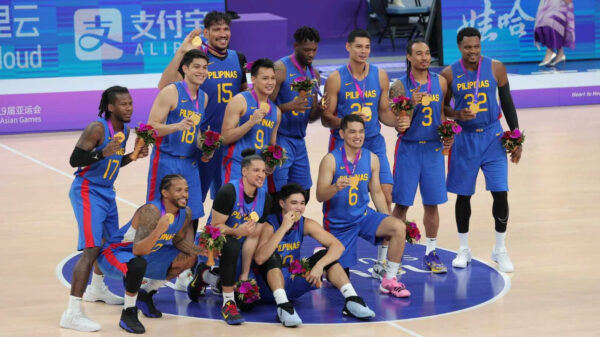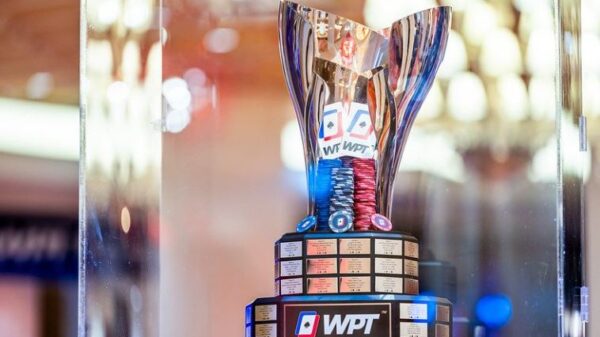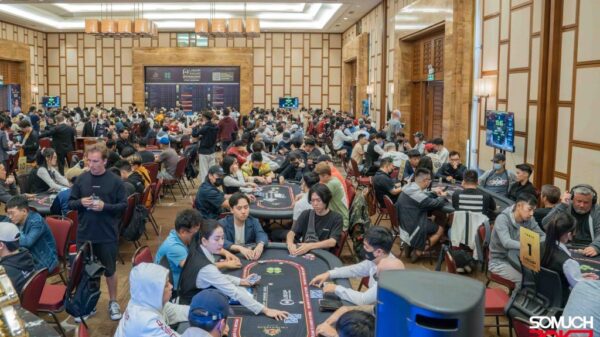The Philippines isn’t the only country that is worried over its title chances in the 32nd Southeast Asian Games in Phnom Penh next year.
The Olympic Council of Malaysia also expressed concern, saying that the lack of “gold pickings” will have a major impact in their bid to win the overall title in the biennial meet set from 5 to 17 May next year.
OCM secretary general Datuk Mohd Nazifuddin Mohd Najib said they are bracing for a massive dip in their gold medal production following Cambodia’s decision to list more traditional sports in its first ever hosting of the Games.
In the previous biennial meet in Hanoi early this year, the Malaysians plucked 39 gold, 45 silver and 90 bronze medals to finish sixth.
It was a modest performance, but it somehow surpassed its medal target of 36 gold, 35 silver and 75 bronze medals.
But in the upcoming Games, the OCM executive stressed that they stand to lose around 12 gold medals after the organizers slashed the number of events in some of their pet sports.
“Among the traditional sports that will be contested are fin swimming, Cambodian chess, wrestling and bokator,” Mohd Najib told The Sunday Daily.
“We have to be realistic because many sports where we always win gold medals are reduced in Cambodia, so we have to accept the reality that we will not get as many gold medals as we had in Vietnam.”
Mohd Najib projected that they stand to lose around 12 gold medals from their previous production.
“We need to focus on the narrative that in Cambodia, many sports events have been reduced,” he stressed.
“For example, diving from eight events to two events, so in our target, maybe we will lose around 12 gold medals.”
The Philippine Olympic Committee shares the same concern.
Previous reports have it that POC president Abraham “Bambol” Tolentino tempered the country’s expectations after the Cambodians announced the events that will be played in the SEA Games program.
Tolentino said the Cambodians imposed a rule that only the hosts could field 100 percent participation in combat sports and martial arts while other countries will only have 70 percent participation.
“That benefits the hosts best while putting at risk our chances for the medals,” Tolentino said after emerging from the SEA Games Federation meeting last month.
Still, Tolentino remains optimistic that Filipino athletes will go all out to come up with a strong performance in the biennial meet that stakes a total of 608 gold medals in 49 sports — the biggest in history.
“Our athletes should focus harder and train more to get to the podium,” he said, adding that they will be sending athletes to compete in indigenous sports like bokator and chatrang where a total of 27 gold medals are at stake.


